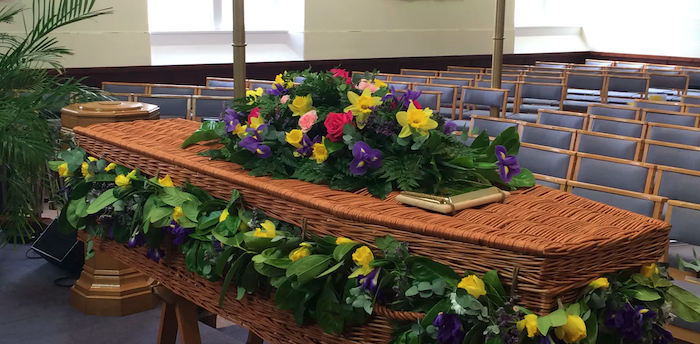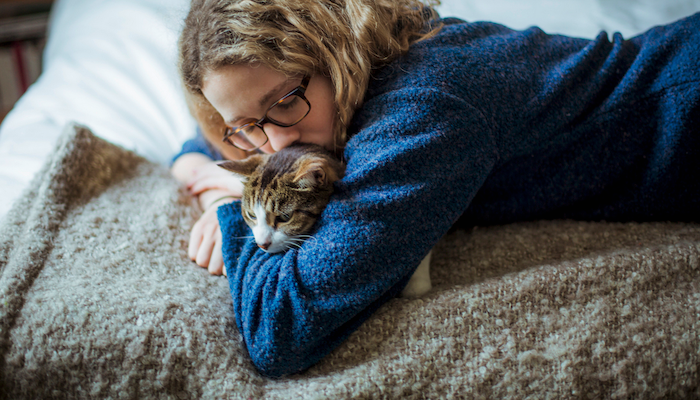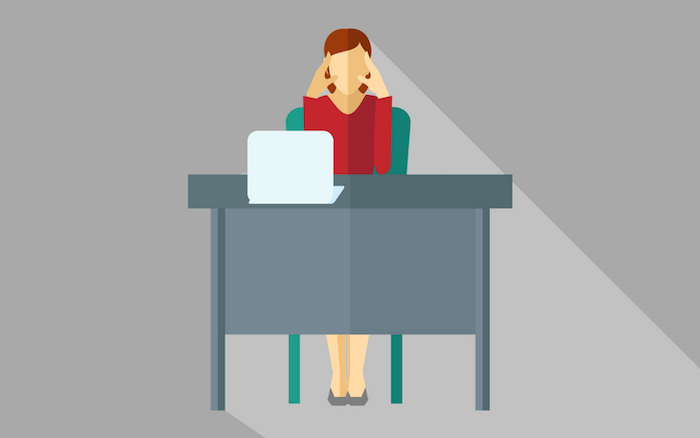
The coronavirus pandemic has been extremely distressing for those who are bereaved and grieving, regardless of whether COVID-19 was the actual cause of death of their loved one. We know anecdotally and from emerging research that people who have lost someone during the pandemic were less likely to have visited them before they died or able to attend the funeral.
Our Bereavement Diaries project, which gathered pandemic diaries of people supporting the bereaved in assisted living and retirement villages, or who trained as Cruse bereavement volunteers, adds nuance to this narrative. The 43 diary entries we received between May and September 2020 offer some important, real-time insights into how grief and bereavement have been experienced during the pandemic, and the everyday ways in which people have given and continue to give one another support.
Personal testimony
In the early days of the pandemic, there seemed to be a familiar demographic pattern in terms of deaths, but as we now know, increasingly younger people are dying too.
One of our diarists told us about her friend Eunice, whose grandson was gravely ill in hospital with COVID-19. Lockdown restrictions meant that she wasn’t able to see his mother (her daughter), which was so distressing for her that she became ill and staff had to call an ambulance. In a later entry, our diarist tells us that while Eunice did not end up in hospital, her grandson died, saying:
I did go round and see her. I didn’t break the rules. She was in the bedroom and I was in the passage just talking to her. I spent quite a few hours with her, because she was absolutely down, absolutely, absolutely devastated.
This diarist continues to give Eunice neighbourly love, support and comfort. We have learned that this sort of compassionate listening and support have been vital for many during lockdown, often involving telephone calls to support those who are lonely or grieving.
As another participant in the project put it:
We don’t have the answers, but we can stand or sit alongside others … The fallout [from COVID-19] is immense throughout the village … Being able to talk things through and share stories with others has been helpful.
Diarists also told us that, when there was no opportunity to collectively grieve and acknowledge someone’s death, then the grieving process was put “on hold”. Lockdown measures have greatly restricted funeral gatherings and the chance to remember loved ones who have died.
We heard from one diarist that people were responding to this by organising alternative memorial events, perhaps taking more active control over their collective grieving than they normally would:
We had a funeral on Wednesday … That girl not only lost not only her mum, she lost her father and she lost her grandfather. So Mavis and Heather printed out some songs … The staff came out to stand outside and I told some of the residents, ringing round saying to quite a few people that if they wanted to go down or stand on their balconies. They had a prayer and some songs and they talked about her for about 15 minutes and then the hearse came round and stopped a bit. It was very very moving and personal.
Different kinds of loss
We heard a great deal from our Cruse volunteer diarists about how people had very mixed feelings about bereavement during lockdown. For some, the absence of normal grieving rituals has been very challenging, taking away what one diarist described as vital “restoration after loss activities”.
For others though, we heard how the curtailment of normal social activities and not being at work enabled people to grieve according to their own schedule and rhythm, without the pressure to appear happy when they didn’t feel like that inside. We also heard how not being confronted with things like Mother’s Day and Father’s Day celebrations was a welcome relief for some who find such celebrations simply amplify the sense of loss.
Finally, our diarists told us that there was a lot of grieving going on with residents, not necessarily about a recent death, but rather over other losses:
Grieving about not seeing family, not seeing friends. Grieving for the losses that aren’t about death. All those little things make a lot of difference.
The impact of COVID-19 on assisted living residents was made clear in a collective feeling of uncertainty, losing confidence and missing opportunities that, for some, may never come again.
Diarists’ accounts echo the emerging consensus that there are additional layers of complexity to the experiences of loss, grief and bereavement during this pandemic. But they also bring into question how we memorialise death in so-called normal times. Some bereaved people have reported experiencing solace in the way neighbours have pitched in with alternative memorials that don’t involve a great deal of expense but bring people together as a compassionate community.
These accounts have also demonstrated the value of listening and neighbourliness, and the role of volunteers in supporting those who are bereaved without requiring expensive talking therapies or clinical support.
Importantly, they have highlighted how having the opportunity to get off life’s “normal” social merry-go-round is actually helpful and welcomed by some of those grieving right now. They also serve as a reminder that the pandemic involves a great deal of other kinds of losses that still need to be mourned.
Complete Article ↪HERE↩!






